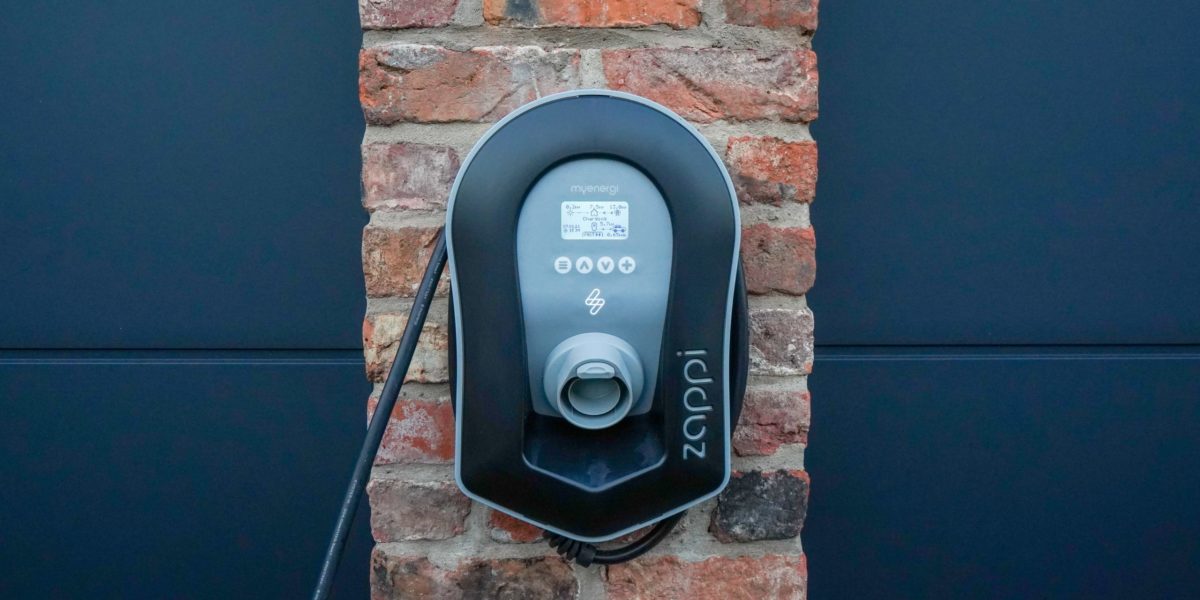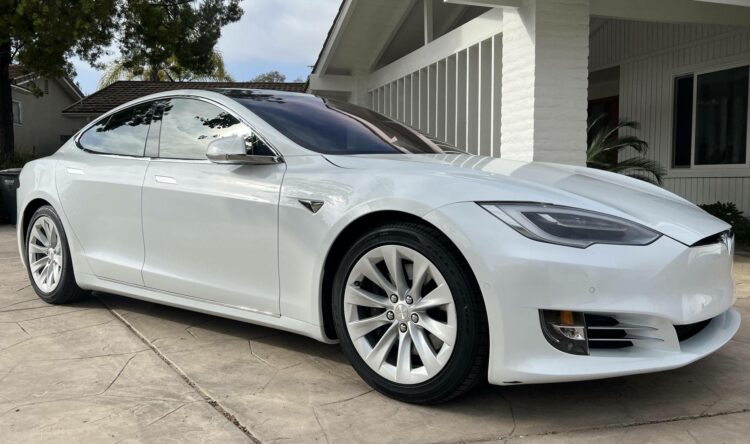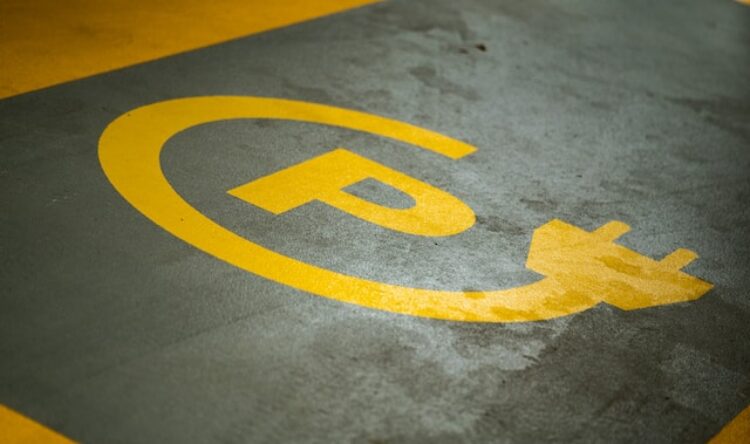Home charging improves the home
House prices charged up by home charge points
The UK is firmly on the road to the electric revolution.
The adoption of electric vehicles (EVs) is steadily on the rise. Over 175,000 EVs were registered in 2020 – the biggest increase to date – and 2021 is expected to build on that significantly .
A survey by Rivervale Leasing has found that one in five won’t switch to an EV because of limited access to a charge points. While you can install one at home, they are expensive EV chargers cost around £800-£1,000, including labour – a hefty fee to pay upfront. But it seems that home charger points are becoming an attractive feature of houses. It shows how people are beginning to plan for a change in car ownership.
After analysing 1,000 house prices across 50 UK areas, he survey finds that homes with an electric charge point installed sell for 13% more than the local average. With the average UK house price now at £194,000, according to the ONS, that could mean a value increase of £25,220 to your property.
From the 1,000 homes analysed, 76% of UK homes with an EV charger showed an increase in value, when compared to the local average. For the 38 out of 50 areas which saw a positive link between value and home charge points, our analysis showed an increase of £50,595 on average.
Top 10 areas where house prices with an EV charger increased
.jpg)
Swindon charge point popularity
The areas around the UK that saw a positive link between house prices and EV charger installation were largely in England. Swindon takes the top spot, seeing a huge 84% increase to £455,000 when compared to the local average house price of £247,441.
Walsall closely followed with a 75% increase to £341,400 on the average property value of £195,246. Next up, Birkenhead showed a 55% increase to the average property price from £115,270 to £178,00.
Winners and losers
Out of the 50 cities surveyed, only one in four (24%) did not see a positive link between house prices with a charger installed and the local average. The average loss was -16% in value. See our winners and losers table below to see which house prices don’t appear to benefit from installing an EV charger.
.jpg)
The City of Westminster has the most significant reduction when comparing a home with a charging point to the area’s average. Westminster’s average sale price came out at £1,676,758, however, homes with an EV charger were valued at £1,037,750 – that’s £639,008 less or a -38% reduction. While Londoners might be incentivised to choose electric and avoid the Congestion Charge, car usage is declining in the capital. Private car trips have decreased by 13% since 2003, according to Christina Calderato, the Head of Transport Strategy and Planning at Transport for London. This appears to be linked with more Londoners taking public transport and opting for home deliveries, rather than going out to shop, lessening the need to own a car personally.
Westminster was followed closely by Wigan at -24%, with house prices typically costing -£41,936 less than the local average of £173,636. Glasgow, at -23%, sees reductions of -£45,361 against the £194,598 average.
80% less
We also analysed the prices of houses without an EV charger installed and compared them to the local average. Our analysis found that 80% of homes with no EV charger installed or nearby sold for less than the local average. The average difference in price was -20% or -£64,696.
This could indicate that EV chargers are valuable to potential homeowners when they’re looking for a new property.
5 tips
The cost of installing an EV charge point at home (including labour) is around £800-£1,000, with prices increasing for higher-capacity models. It might seem like a lot to pay upfront, but there are ways to keep EV charger costs down. Here are five top tips to save up to £1,850 over a year.
- Apply for a government grant – the Electric Vehicle Homecharge Scheme (EVHS) pays up to 75% (£350 max) towards the cost of installing your charge point.
- Energy Saving Trust (EST) grant – for residents of Scotland, there’s an additional £250 (£350 in remote locations) available towards the cost of your charge point installation.
- Avoid installing your own charging point unless qualified – if you opt for a self-installation, you’ll miss out on grants, plus risk damaging your car and home.
- Install solar panels – installing a solar panel to charge your car saves the average driver £1000 per year.
- Choose the right charger – if you don’t travel huge distances and have a while to charge your EV, such as overnight, a lower kW charger can save you around £250.
With new-build homes, you could get a free charging point as standard. The government is already taking steps to ensure new builds have an EV charger installed in a bid to bring emissions down.
Why else should you install a charging point?
Installing a charging point in your home isn’t just linked to property value – they’re also much more efficient for charging your EV.
- Convenient – charging your car and handy for friends and family who stop by.
- Money-saving – it’s estimated to save you £1,000 a year using your own charger rather than one outside your home.
- Faster charging – EV charge points are 30-60% quicker than using a standard wall socket.
- More efficient – traditional sockets aren’t designed for high power loads over long periods, making charging less efficient.
- Get ahead of the curve – the sale of new petrol and diesel cars will be banned from 2030, so installing a charge point is a good opportunity to get your home ready.
You can read more at Rivervale blog,





